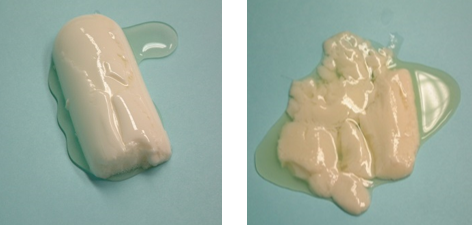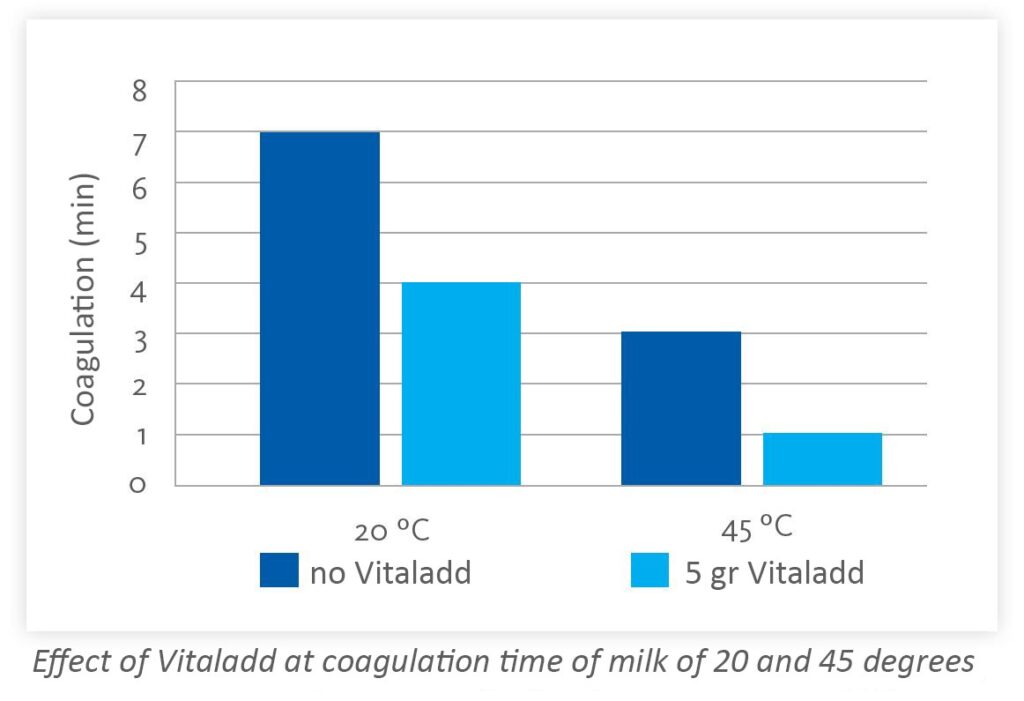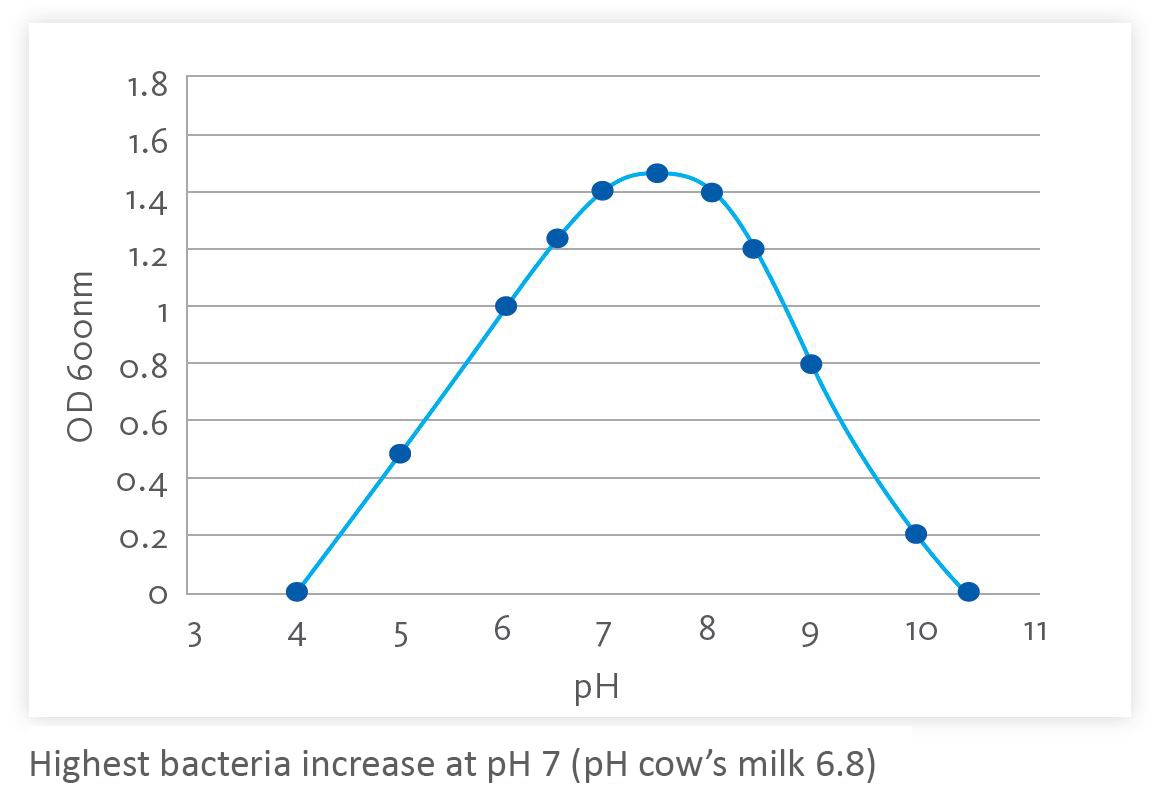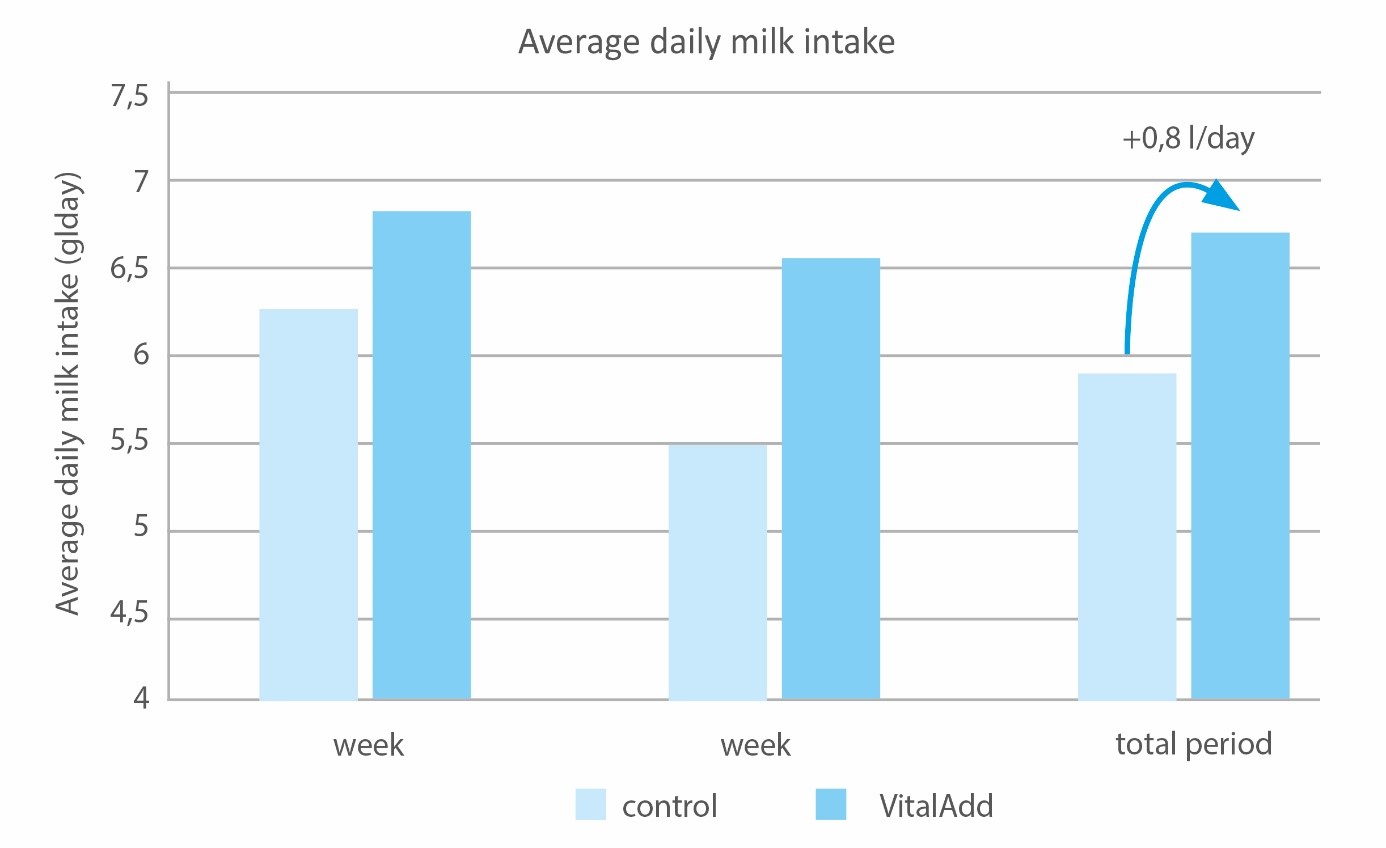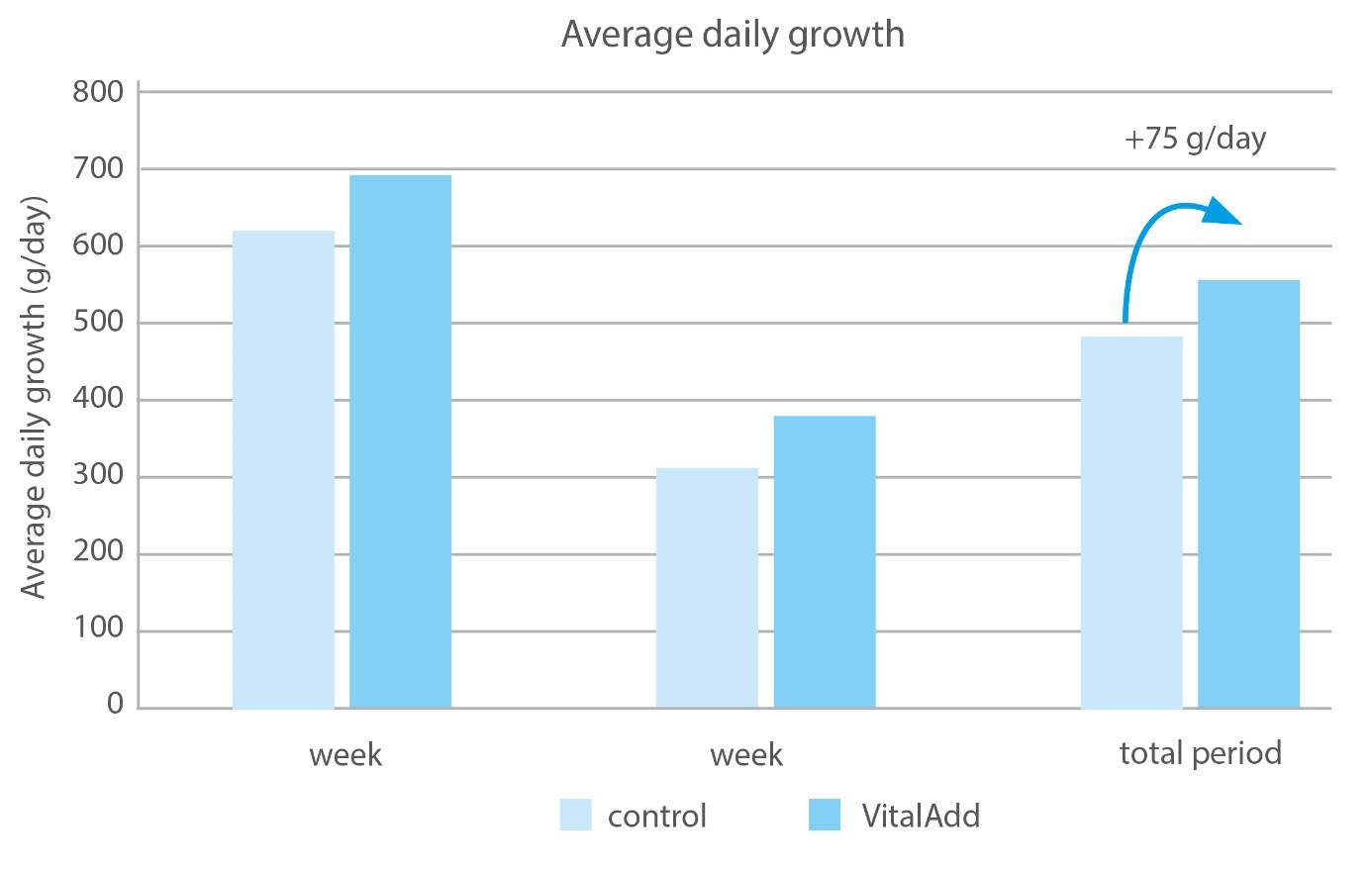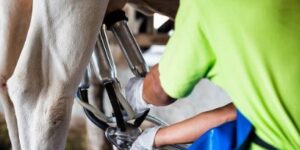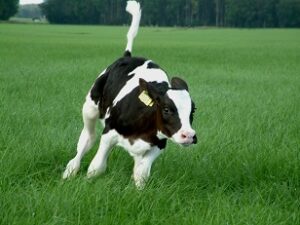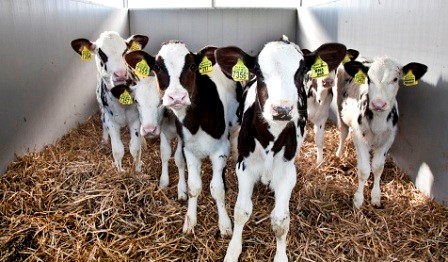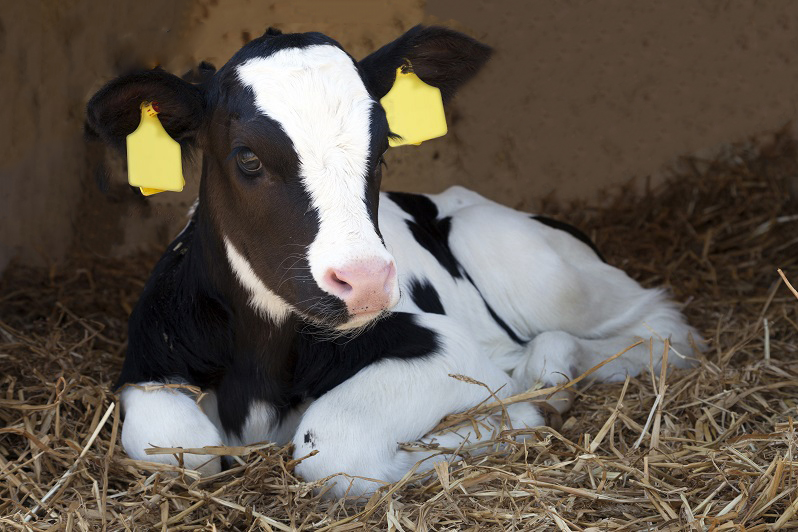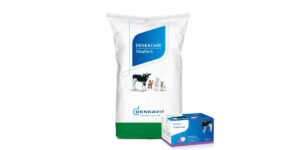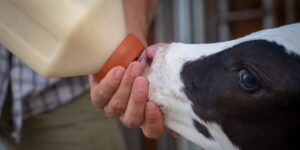The casein protein in whole milk or milk replacer must first coagulate in the calf’s abomasum for optimal digestion. This is done under the influence of a low pH and rennet. The process is similar to cheese making. Citric acid supports this process and can therefore improve the digestibility of whole milk. By adding Vitaladd (which contains highly aromatic citric acid) to the whole milk, this coagulation is significantly accelerated, as studies have shown.
